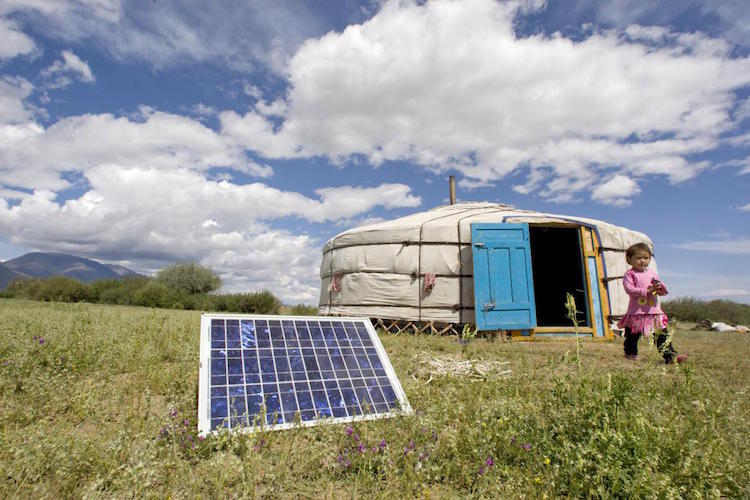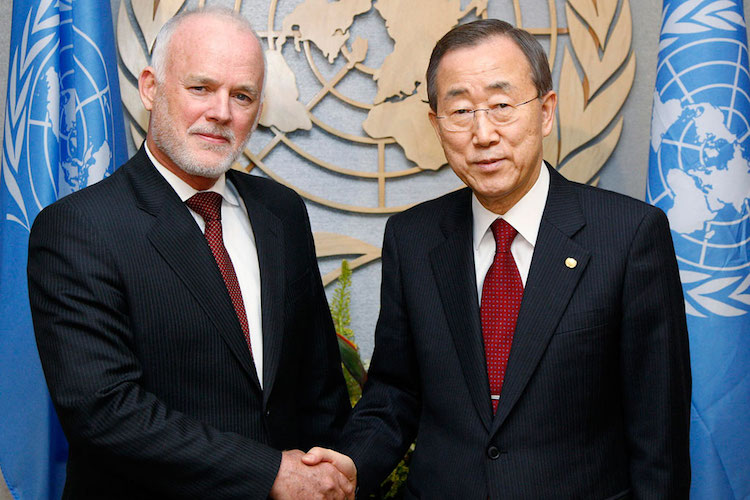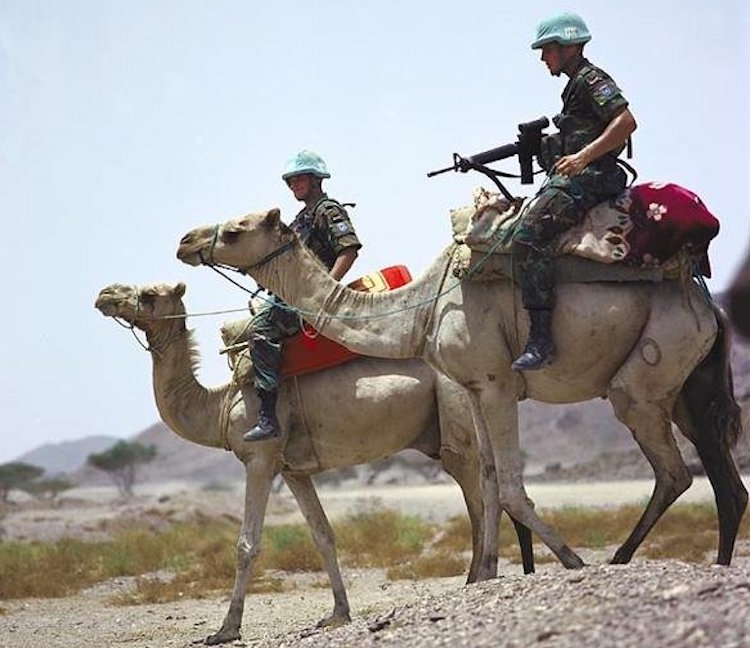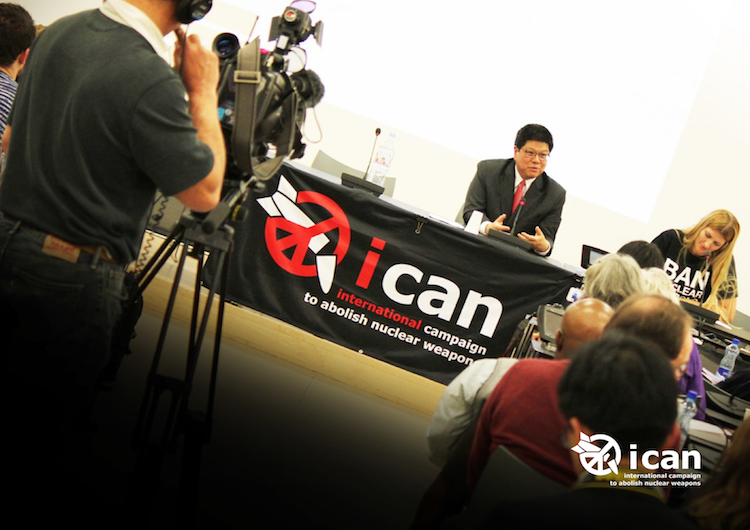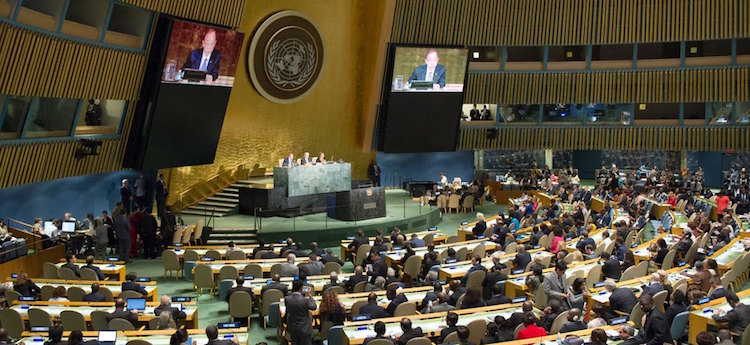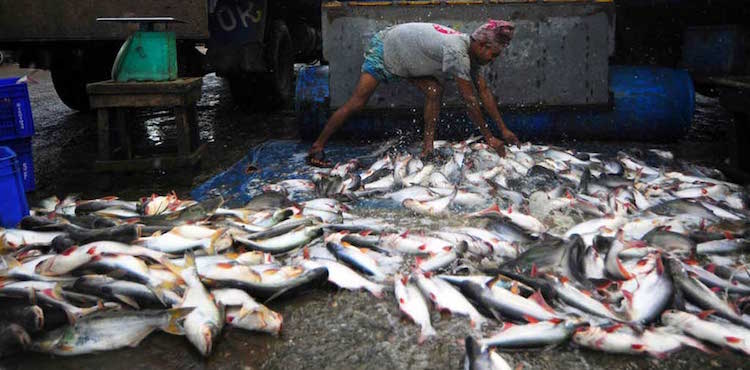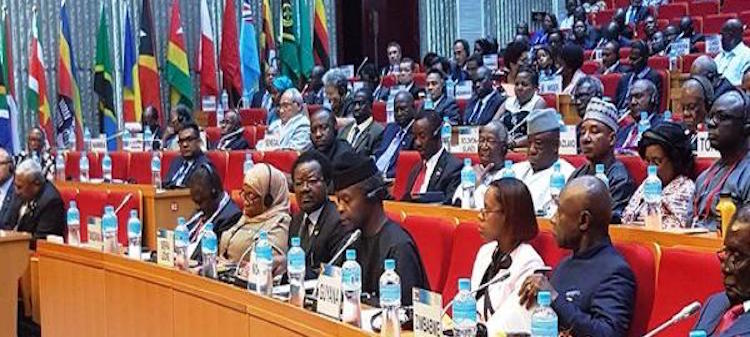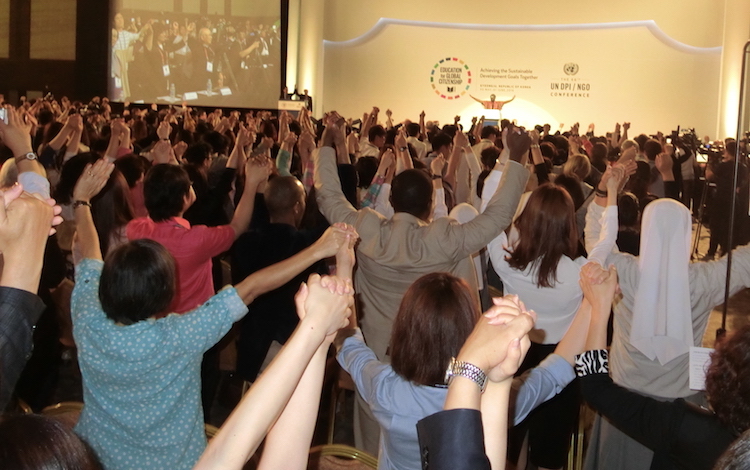By J Nastranis
NEW YORK (IDN) – UN Women, United Nations organization dedicated to gender equality and the empowerment of women, has drawn attention to three “historic firsts” achieved this year in combatting sexual violence in conflict. At the same time, the organisation’s Deputy Executive Director Lakshmi Puri has stressed that “realizing gender equality has a deadline, and it is 2030”.
In run-up to the first International Day for the Elimination of Sexual Violence in Conflict on June 19, UN Women said all three historic firsts were “long overdue and all had one thing in common: the unstoppable force of women’s voice and leadership”.


